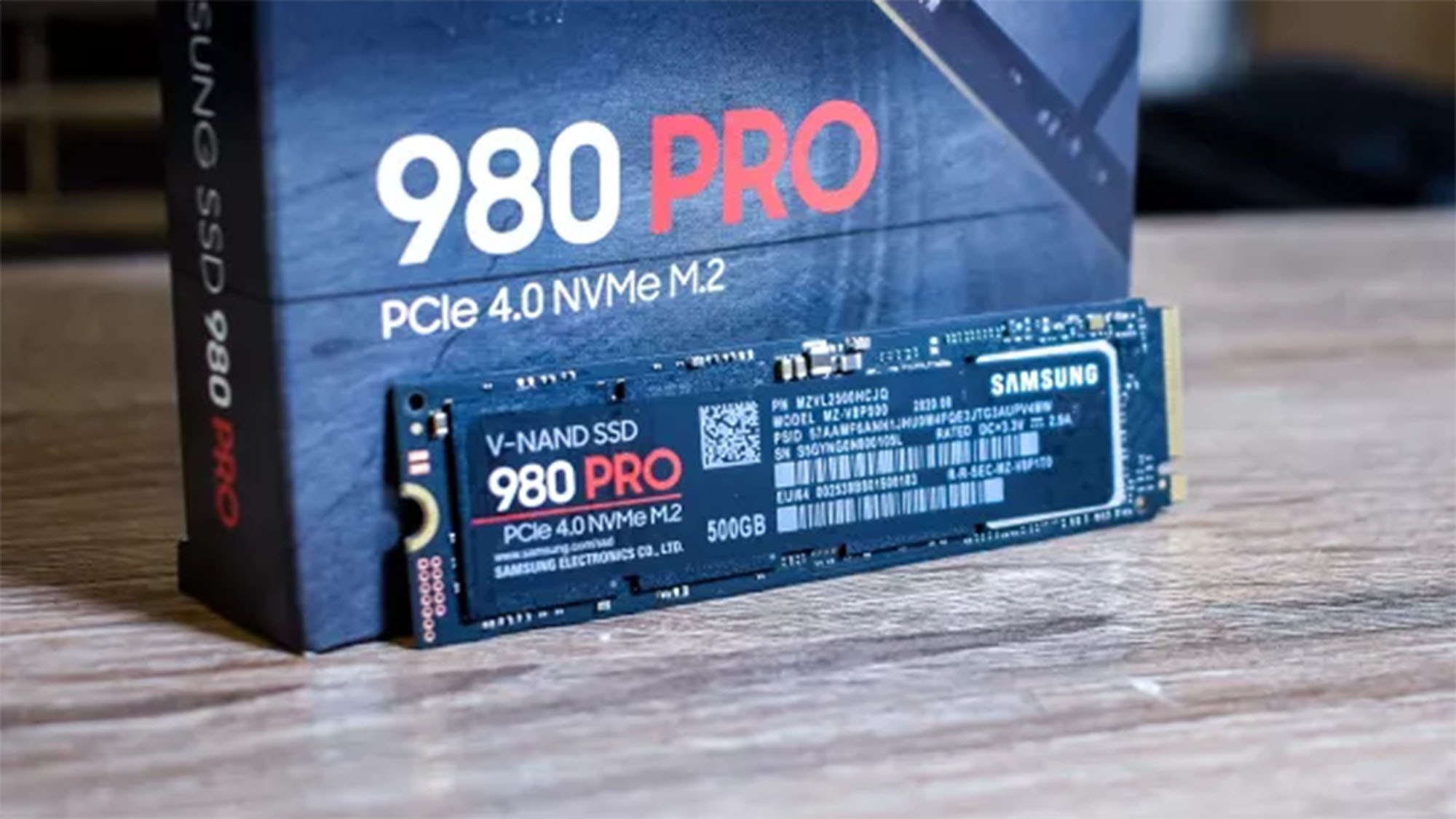Analyst firm Trendforce has forecasted that the average selling price of NAND Flash, the basic building block of all SSD (Solid State Drives) and microSD cards will fall by up to 15% during the current quarter. It has already been down by almost 25% over the last quarter prompting the biggest manufacturers; Kioxia, Solidigm, Micron and WDC to slash production in order to reduce supply in the market.
Weak demand in the consumer and enterprise SSD customers combined with Samsung’s reluctance to keep producing as much NAND as possible means that the price drop we’ve seen over the past 12 months across SSD and microSD products will likely carry on unabated with smaller capacities gradually phased out.

Best external hard drives: Expand your storage easily
Best rugged hard drives: Protect your data on the go
Best secure drives: Keep your data intact
Best portable SSDs: Solid, fast and compact
Best NAS drives: Data resilience for businesses
Samsung is the largest NAND Flash vendor and has already committed to investing heavily in R&D in order to stay ahead of rivals. SK Hynix and Micron announced in 2022 that they would launch 238-layer and 232-layer products respectively which - on paper - will dramatically bring down the cost of Terabyte for solid state drives.
For obvious reasons, no vendor has yet released PLC (penta level cell) NAND, the next technological breakthrough which will enable even cheaper, high capacity SSD.
Data bloodbath by Christmas 2023?
The cheapest 1TB microSD cards are currently selling for around $75 at Amazon, a near 50% price drop compared to a year ago. While we don’t expect prices to half, another 30% drop by the end of the year appears to be reasonable, which would bring the price of a 1TB microSD card closer to $50.
This would have a knock on effect on smaller capacities (512GB, 256GB, 128GB) and we expect 64GB and 32GB microSD to be pushed out of the market altogether.
The same applies for USB flash drives where the cheapest genuine 256GB models are currently selling for around $10 with vendors resorting to multi-pack offers in order to entice customers with lower capacities. The fact that many recent laptops do not have a Type-A connector or a microSD card slot also dramatically reduces the size of the total addressable market.
The most exciting market remains that of SSD where customers are having an absolute field day as prices continue going down. The cheapest SSD per TB at the time of writing is the Leven JS600 ($74.99 for 1.92TB), a further drop of around 30% over the next nine months will see it reach parity with smaller capacity hard disk drives like the Seagate Barracuda ST2000DM008.
These cheap models are 2.5-inch SATA storage devices and because they're defacto equipped with a SATA connector, they should rapidly supplant external hard drives with a capacity of up to 2TB as well. Two trends though that’s worth bearing in mind: 2.5-inch drives are on the way out as well as they’re being replaced by M.2 PCIe drives.
Larger capacity hard drives are safe for now but it’s only a matter of time before the next tier (3TB, 4TB) are on the way out. A 4TB SSD from Leven retails for $180, still about twice the price of a 4TB WD Passport hard disk drive for example.
Comments
Post a Comment